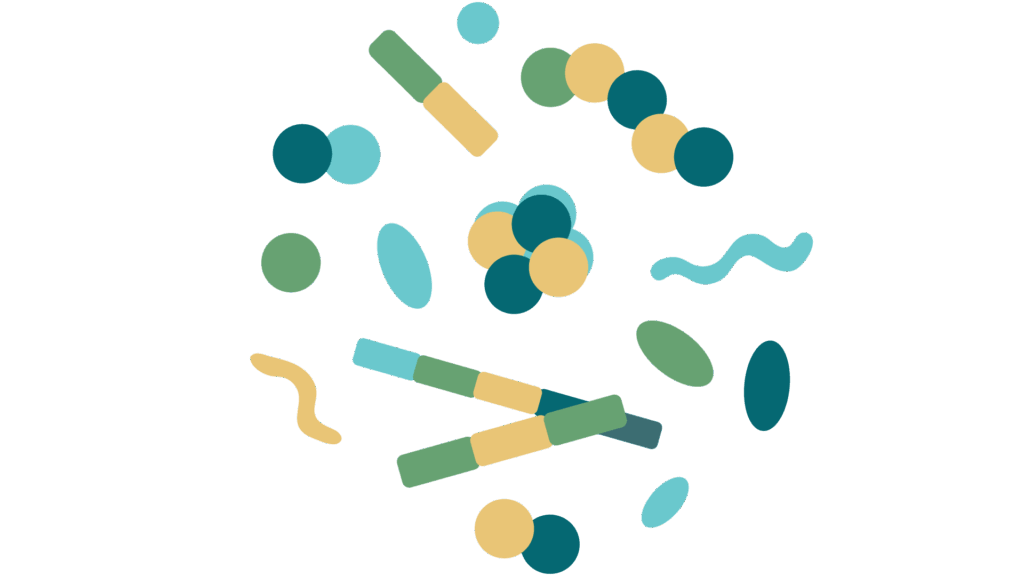Gram-positive
Gram-Positive Cocci (GPCs) Staphylococci Staphylococcus aureus Beta-hemolytic, golden colored colonies on blood agar. One of the most common causes of infections in humans. The main habitat is the anterior nares in humans and as a colonizer of human skin. S. aureus has several important toxins that facilitate disease, including toxic-shock superantigens. S. aureus can cause […]
Bacteria

In this section Read more in the Micro-ID compendium
Microbiology and Infectious Disease thread compendium

Additional resources Antimicrobials
Lesson 4 knowledge check
Select the best answer. These questions are for self-study only. Answers will not be evaluated or saved. Question 1 Which historical physician is most often cited as an early advocate for addressing social determinants of health? Explanation Dr. Rudolf Virchow was a pioneer in recognizing that social and political factors, such as poverty and corruption, […]
Lesson 3 knowledge check
Select the best answer. These questions are for self-study only. Answers will not be evaluated or saved. Question 1 Which approach best aligns with a systemic-level intervention for addressing social determinants of health? Explanation Systemic interventions target large-scale societal issues such as environmental injustice and redlining, whereas individual and community-level strategies focus on direct patient […]
Lesson 2 knowledge check
Select the best answer. These questions are for self-study only. Answers will not be evaluated or saved. Question 1 Which of the following best explains the intersectionality of health disparities? Explanation Health disparities are influenced by multiple intersecting factors, including socioeconomic status, race/ethnicity, gender, and geography, leading to compounded disadvantages. Question 2 How do geographic […]
Lesson 1 knowledge check
Select the best answer. These questions are for self-study only. Answers will not be evaluated or saved. Question 1 What are Social Determinants of Health (SDoH)? Question 2 Which of the following is NOT an example of an SDoH? Question 3 Why is addressing SDoH important in public health? Question 4 According to research, how […]
Infracolic organs: The intestines
Optional reading Clinically Oriented Anatomy, 8th ed., chapter 5, Abdominal viscera. Recall from The peritoneal cavity and mesenteries that the peritoneal cavity is divided into supracolic and infracolic regions, using the transverse colon and its mesentery (transverse mesocolon) as the borderline. In Organs in the supracolic region, the supracolic organs were described. In this chapter, […]
Module 2 knowledge checks
Lesson 4. Role of Physicians in Advocating for Addressing Social Conditions Affecting Health
Physicians as advocates for social change required reading Physicians as Advocates for Social Change. Harvard Medical School. Role of physicians in advocacy Physicians play a crucial role in advocating for social change to improve health outcomes. Their commitment to helping people and relieving suffering extends to addressing social issues like equity, social justice, human rights, […]